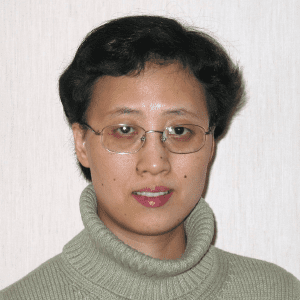The future of communication relies on secure and efficient wireless networking, which Tongtong Li’s research aims to achieve.
Li is a professor in the Department of Electrical & Computer Engineering at Michigan State University. She runs the Broadband Access Wireless Communication (BAWC) Laboratory at MSU, where her work has been continuously supported by the National Science Foundation.
In today’s society, wireless communication is the dominant means of information transmission. From texting to emailing, to calling someone on the phone, to clouding computing, distributed storage, remote control and numerous AI based applications, wireless communication is ubiquitous.
Li’s research in wireless communications falls into two categories: secure and efficient wireless communication system design, and wireless networking.
Due to its lack of physical boundaries, wireless communication faces more security challenges than wire-lined systems.
“Through innovative transceiver design, we were able to come up with a series of secure and efficient communication systems which can be applied to 3G, 4G and the upcoming 5G and 6G systems,” Li said.
As for wireless networking, as we move into the 5G era, Li and her lab are studying how to design the wireless network in order to achieve the desired rate of performance under different scenarios.
“Our work can be applied directly to 3G, 4G and the upcoming 5G and 6G systems, to achieve more secure, reliable and efficient wireless information exchange,” Li explained.
Through her research with the BAWC Lab, Li’s work will continue to improve the safety and reliability of wireless communication networks.
To learn more about Tongtong Li, visit her website. To learn more about The BAWC Lab, visit their website.

